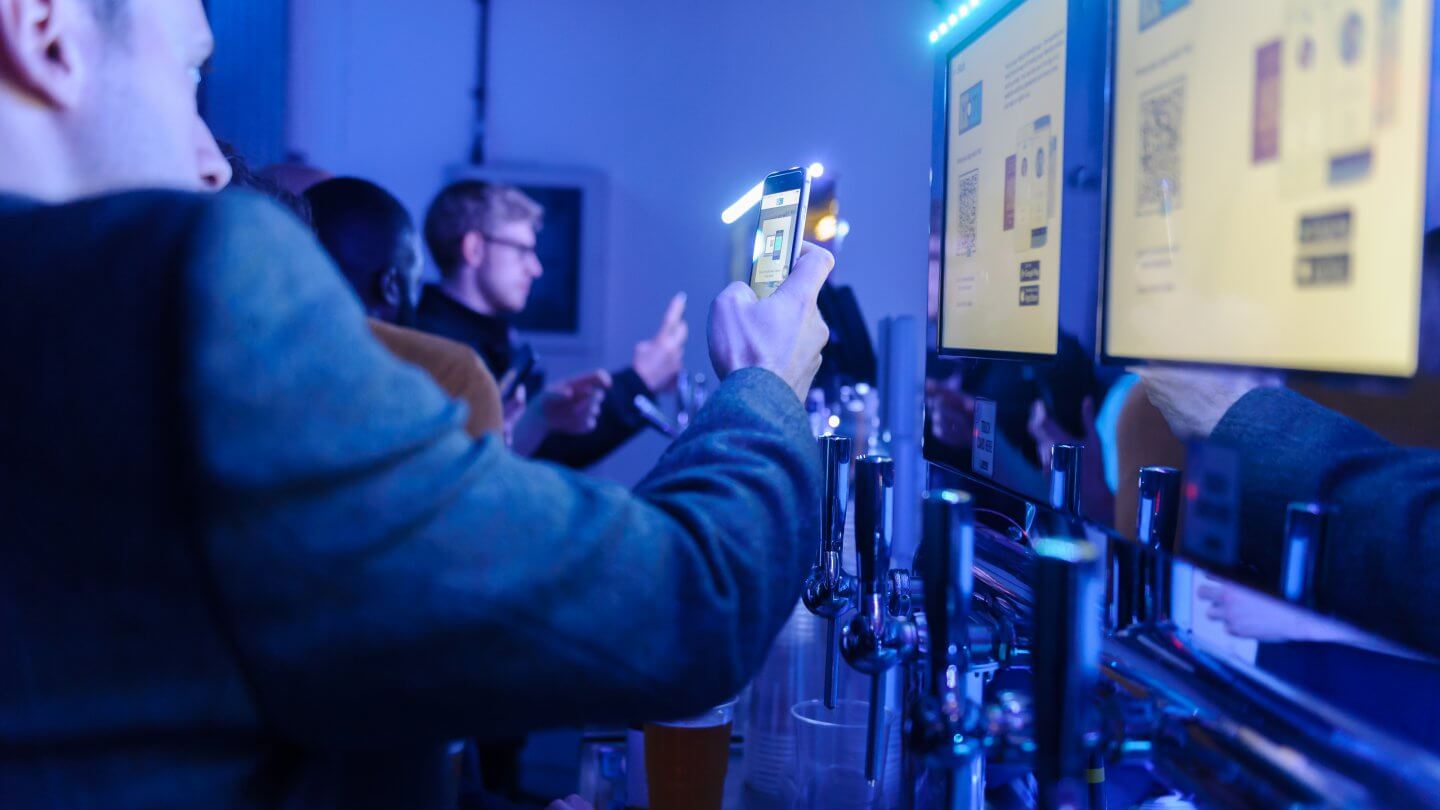Many organisations today are under a great deal of pressure to adapt their offerings so they’re fast, convenient and digitally accessible. It’s almost an unwritten rule that goods and services of any description should be easy to access and available immediately.
The flipside of this digital convenience is the unintended consequences that come with the ease of sharing personal data. Breaches of privacy and anonymity are risks that have become more prevalent in the last couple of years, meaning users need to be more diligent than ever to ensure they’re protected online.
Proving who we are online to a high degree of certainty has been difficult and means organisations and governments still rely on paper or card-based forms of identity verification. This process of creating physical forms of identity can take days or weeks instead of seconds. It often relies on weak online security, like usernames and passwords, that can easily be hacked.
But the situation is changing; the technology of digital verification is proving its worth. Thanks to companies like Yoti, an increasing number of us can prove that we are who we claim to be, in person and on the internet.
The tide is turning, with legislation like the Digital Economy Act, the General Data Protection Regulation and the California Data Protection Act addressing issues like identity and data security. In turn, governments and large institutions are beginning to trust digital identity management platforms, leveraging identity providers like Yoti.
The Government of Jersey, a UK Crown Dependency, is one example of a government that has readily embraced digital identity. Appointing Yoti as its digital ID provider, Jersey residents are now able to securely prove who they are when dealing with any government department online and in person. This system ensures residents are completely in control of their own data, giving them a Yoti ID that can also be used to prove their age at bars, clubs, festivals and more.
Not just beneficial to citizens, the Government also benefits from being able to operate digital services with negligible risk of fraud, while also improving the quality and accuracy of citizen data.
Yoti has also been selected by Scotland’s Improvement Service, which is responsible for providing simpler, faster and safer digital government services to Scottish citizens.
As well as government bodies, large institutions like Heathrow Airport have also turned to Yoti because the company lets passengers supply identity details digitally with the highest level of verification, in a scalable, simple and highly secure framework.
For businesses large or small, Yoti offers a standalone, web-based ID verification platform-as-a-service, or companies can embed the service in their own sites via plugins to Drupal, Joomla and WordPress.
Alternatively, development teams can use one or more of the seven web SDKs (for PHP, .NET, Ruby, and so on) or mobile SDKs for iOS and Android, so the Yoti ID solution can be integrated into any application or setting. Embedded services are also available, such as Yoti Age Scan, its
world-class age estimation AI tech.
Yoti is also sure to gain the interest of financial institutions who’ll love the speed and security combination in onboarding new customers. The potential uses extend beyond adherence to legislation and, of course, the ticking of regulation boxes.
Electroneum, the new blockchain based digital payments system, has partnered with Yoti to provide strong KYC and AML compliance, helping provide an exchange system that empowers those who don’t have access to bank services. Everyday commerce and exchanges can also benefit from Yoti ID verification because it gives organisations and citizens a clearer idea of who they’re dealing with.
While buying age-dependent goods online and in store are obvious use cases, there are huge possibilities in other sectors too. Proof of age at nightclubs, identity verification to access restricted content online and peer-to-peer identity checking (on dating sites or for local ads trading like Freeads).
Digital identity verification is suddenly accessible for any purpose, from anti-money laundering measures down to proving citizens are of pensionable age. The role of digital identity verification will undoubtedly change from merely correlating faces to national ID. Anyone involved in a digital business of reasonable scale will know that markets are truly global, and that proof of identity needs to be localised to the applicant.
For those with the imagination, the possibilities of Yoti’s technology are astounding. Yoti’s free app currently accepts ID documents from 160 countries. Once verified, individuals have an encrypted and secure proof of identity for many areas of their life including proof of age when buying age-restricted goods, swapping verified details with someone they meet online and proving their identity to a business without having to show paper ID documents.
To learn more, click here to speak to a representative. Or download the free Yoti app from the Google Play Store or the Apple App Store today to get started.









